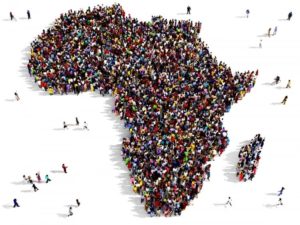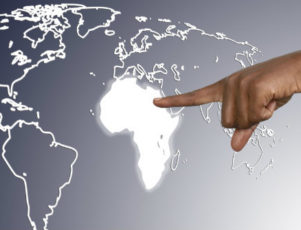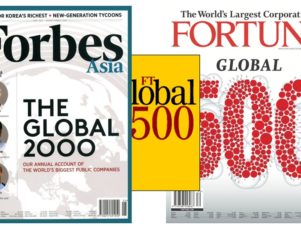Africa is often portrayed in extremes—either as a continent full of untapped riches or as a place plagued by instability. Both images are misleading. The truth lies somewhere in between, and understanding the real landscape of doing business in Africa requires separating myths from facts and paying close attention to the specific context of each market.
Africa Is Not One Market, But Fifty-Four
One of the most common misconceptions is that Africa is a single, unified market. In reality, the continent consists of 54 countries, each with its own languages, legal systems, currencies, and consumer preferences. Business conditions in Senegal are very different from those in Ethiopia or South Africa. Companies that succeed on the continent are those that take a country-by-country approach, working closely with local partners and adapting their strategy to each environment.
Is Africa Too Risky for Investment? Think Again
Another frequent myth is that Africa is too risky for investment. While political and economic risks exist in some regions, this perception overlooks the progress and stability found in many others. Countries such as Rwanda, Ghana, Morocco, and Mauritius have made significant improvements in governance, infrastructure, and the business environment. Additionally, Africa has a young, growing population, increasing internet penetration, and a rapidly expanding middle class—factors that create strong foundations for long-term growth, particularly in sectors such as technology, agriculture, healthcare, and clean energy.
Infrastructure Gaps: A Challenge or a Business Opportunity?
Infrastructure gaps are often seen as barriers, but they can also present valuable opportunities. In the absence of traditional systems, new models are emerging. For example, solar power companies are bringing electricity to off-grid communities, and mobile money platforms like M-Pesa in Kenya have revolutionized access to banking services. Rather than waiting for infrastructure to catch up, many entrepreneurs are developing innovative solutions to fill these gaps directly.
Local Innovation Is Leading the Way
Africa’s innovation landscape is vibrant and locally driven. Cities like Lagos, Nairobi, Accra, Cape Town, and Cairo have become regional tech hubs. Startups are emerging that address real challenges, from logistics and agriculture to finance and education. These companies aren’t simply replicating Western ideas; they are building unique models that reflect the needs and constraints of their communities.
 The Future Lies in Africa’s Cities and Consumers
The Future Lies in Africa’s Cities and Consumers
Consumer demand is another key driver of opportunity. With Africa’s population projected to reach 2.5 billion by 2050, and a significant share of that growth taking place in cities, there is rising demand for housing, education, healthcare, consumer goods, and digital services. Businesses that can deliver products and services that are both affordable and adapted to local contexts stand to benefit.
What It Takes to Succeed in African Markets
For companies looking to enter African markets, success often comes down to a few guiding principles. First, localization is crucial—products must meet the specific needs of local consumers. Second, forming partnerships with local entrepreneurs or organizations can provide valuable insights and networks. Third, patience and long-term commitment are essential, as building trust and navigating regulatory landscapes can take time.
A Continent of Challenges—and Opportunities
Doing business in Africa is not without challenges, but it is far from impossible. For those willing to invest the time to understand the markets, collaborate with local actors, and innovate with purpose, Africa represents one of the most promising regions for business growth in the 21st century.
Photos : newswirengr.com – licdn.com


